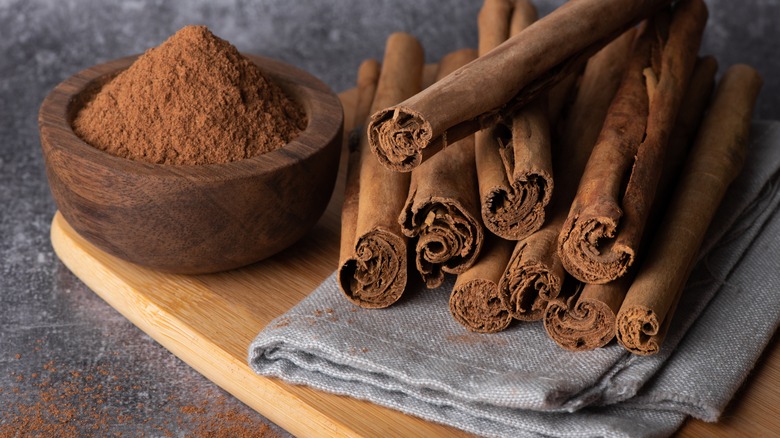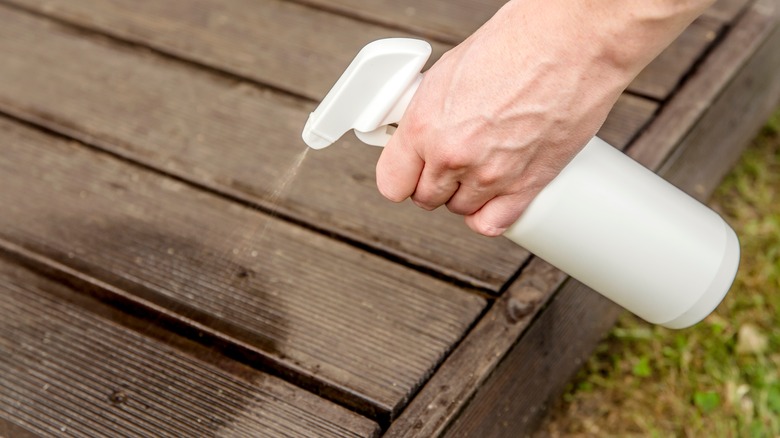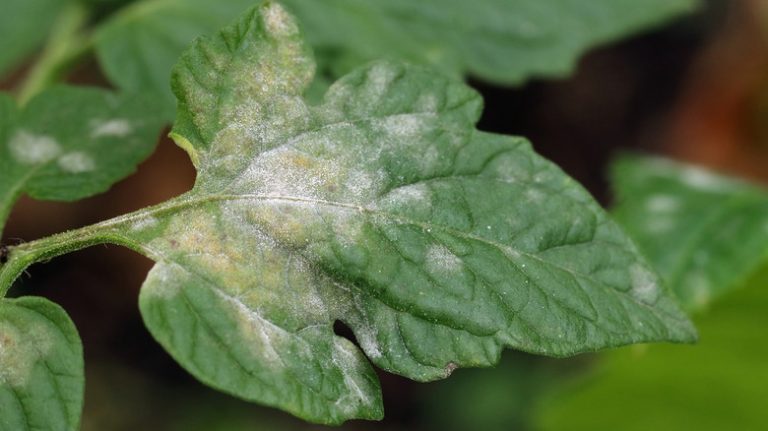As a homeowner, once you have termites, damage may already be done. The best way to protect against termites is to be vigilant about repelling them so they don’t enter your home. One simple way to repel termites is to use an ingredient known to keep away common pests: cinnamon.
People fear termites with good reason since they can greatly damage a home. Simply put, these insects destroy wood, causing significant problems. They are attracted to the cellulose in wood, which they use as a food source. As the termites feed on the wood, they create tunnels and galleries that can eventually weaken the structure of the building.
Another issue is that termites are relentless eaters. They feed continuously and eat anything that contains cellulose, including sheetrock, plaster, paper, and household paper-based items. Though termites are a serious problem, not everyone wants to use toxic pesticides to keep them away, and in recent years, there has been growing interest in using cinnamon as a natural termite repellent.
How cinnamon repels termites

If you are looking for a natural way to protect your home from termites, cinnamon is a good option to prevent the nightmare of an infestation. Unlike chemical insecticides, cinnamon is safe to use as a termite repellent. According to a 2024 study published in the journal Molecules, researchers found that cinnamon oil has been proven to be an effective insecticide. Though cinnamon is a repellent and will keep insects away, it also keeps them from laying eggs, an important disruption that will result in fewer insects invading a home.
One component of cinnamon, known as eugenol, is a termiticide — a pesticide specifically used for termite infestations. Eugenol not only kills termites, but it’s also a natural feeding deterrent. This is important because termites will not live where they have no food source or cannot eat. Cinnamon also contains a compound called cinnamaldehyde. In another 2001 study, both cinnamaldehyde and eugenol compounds effectively in repelled termites. They act as natural pesticides and work together in cinnamon to boost effectiveness. Though it’s not toxic to humans, cinnamon powder and cinnamaldehyde can irritate the throat and cause coughing and breathing issues if inhaled.
Methods for using cinnamon as a termite repellent

There several of different ways to use cinnamon as a termite repellent, which may safely save you the cost of hiring someone to treat your home for termites. One way to use cinnamon is to buy pure cinnamon oil. Cinnamon oil is most effective at repelling insects since the scent is strong. You can create a cinnamon-based spray by mixing cinnamon oil with water and then spraying outside and inside your home. You can also mix 2 teaspoons of powdered cinnamon with 4 cups of water and add it to a spray bottle if you don’t have cinnamon oil.
Cinnamon oil can be applied to areas where you want to prevent termites from entering and on structures they might be attracted to. You will especially want to spray it in areas made of wood, drywall, and sheetrock, as well as outside the front and back doors. You’ll also want to spray cinnamon oil on wooden furniture.
An easy method is to sprinkle cinnamon powder around the perimeter of your home. However, this can quickly become costly depending on the space needed to treat. Another method is to use cinnamon sticks. You can place cinnamon sticks in areas where termites might congregate, or add them to potpourri or sachets. If your termite infestation becomes extreme, consult with a professional pest control company.



